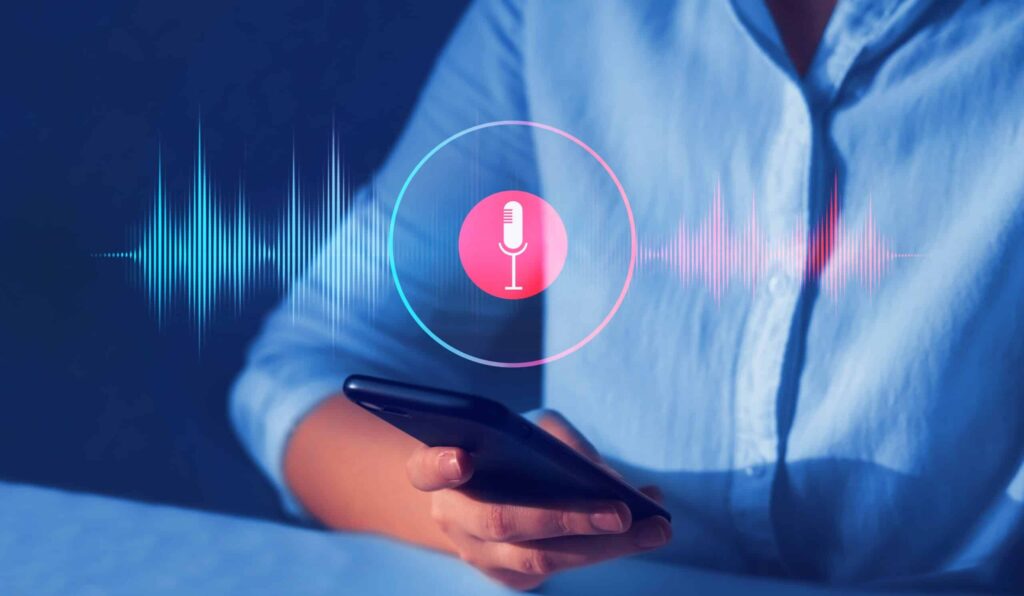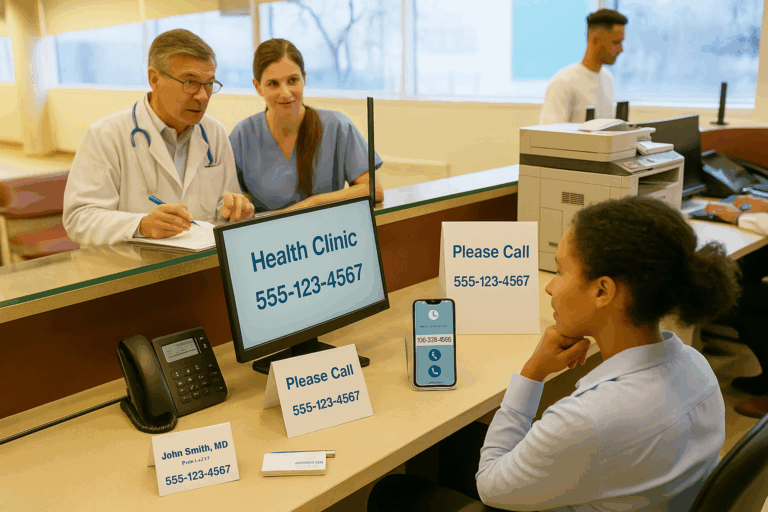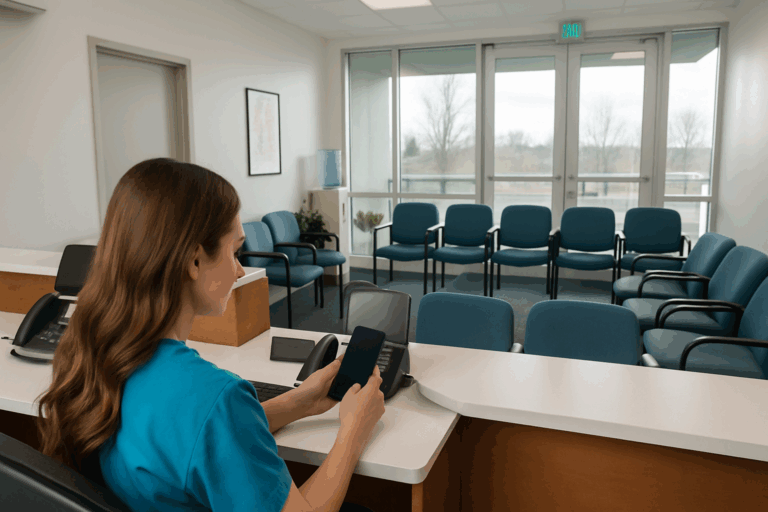Memory can be a fleeting thing. Sometimes, we can remember trivial details, but we forget important information. According to psychologists, humans’ short-term memory can only hold a limited number of items, which makes it difficult for healthcare professionals to juggle the large amount of information they need to remember while also managing administrative duties. Fortunately, technology has emerged to aid healthcare professionals in storing information, and RingRx’s Call Recording feature is designed to help physicians and their staff with this challenge.
RingRx’s Call Recording feature is designed to help physicians and their staff with the large amount of information they are responsible for knowing and remembering. This feature lets users to record and store calls on their RingRx system, whether they use a desk phone, mobile app, softphone, or a combination of these tools. The calls are stored on RingRx’s HIPAA-compliant servers, which ensures compliance requirements while protecting patient information.
Benefits of Call Recording for Healthcare Professionals
Call recording is a powerful feature that can help healthcare professionals improve patient interactions, communication, and compliance. Here are some specific examples of how call recording can be used to enhance the work of physicians, nurses, office managers, and compliance officers:
Monitoring Patient Interactions
Call recording can be used to capture critical information that might have been missed during a patient interaction. By reviewing call recordings, doctors can ensure they have all the information they need to make informed decisions about patient care. Call recording can also help doctors identify gaps in their knowledge or training, allowing them to improve their practice and provide better patient care.
Improving Nurse Communications
Recorded calls can be a valuable tool for improving nurse communication and training. By listening to call recordings, nurse managers can identify areas where communication could be improved, whether related to patient education or inter-staff communication. With this insight, they can develop targeted training programs to address these areas and improve the overall quality of care.
Coaching Staff on Best Practices
Call recording can be used to train staff on how to handle difficult or sensitive situations. By listening to call recordings, managers can identify common scenarios that staff struggle with and develop targeted training programs to address these issues. This can lead to more confident and competent staff members, better patient interactions, and improved patient outcomes.
Resolving Issues with Appointment Scheduling and Billing Inquiries
Recorded calls can be valuable for identifying and addressing systemic issues related to appointment scheduling and billing. By reviewing call recordings, front desk staff can identify patient inquiry patterns and areas where the process could be improved. Medical practices can reduce patient frustration and improve patient satisfaction by making these improvements.
Ensuring Compliance and Protecting Patient Data
Call recording can help demonstrate compliance with industry regulations. By reviewing call recordings, compliance officers can identify any areas where staff may be failing to adhere to HIPAA or other regulatory requirements. This can allow targeted training or process improvements to ensure the practice remains compliant and avoids costly penalties and legal disputes. Furthermore, call recording can help protect against false accusations or malpractice claims by providing a clear record of patient interactions.
Next Steps
If you’re looking for a cost-effective way to streamline operations, improve patient satisfaction, and increase practice revenue, consider adding Call Recording to your RingRx account. It starts at just $5 per user per month and can be added in only minutes.
Call us at 888-927-3454, send us a chat on our website or email us today to add this premium feature to your RingRx account.




